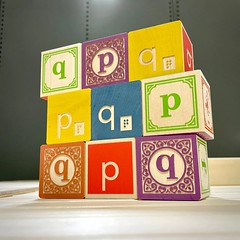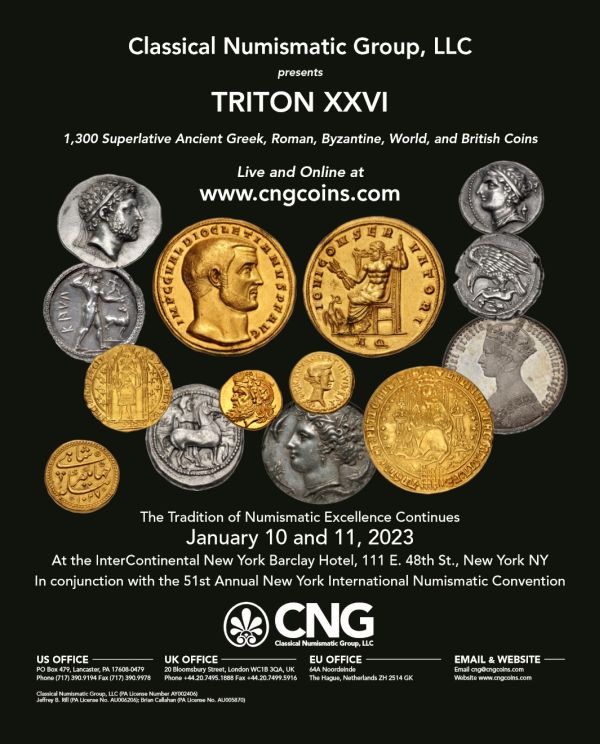
PREV ARTICLE
NEXT ARTICLE
FULL ISSUE
PREV FULL ISSUE
V25 2022 INDEX E-SYLUM ARCHIVE NOTES FROM E-SYLUM READERS: DECEMBER 11, 2022
Early World Paper Money Publications Roundup Last week I put out a call for early paper money publications, particularly the price lists and journals published in the 1950s and 60s by Dwight Musser prior to the formation of the Society of Paper Money Collectors and the International Bank Note Society. Howard Daniel is sending me one Musser product, -Editor "Neil Shafer put out the first Paper Money Catalog of the Philippine Islands in 1962. Until them there was a big hole in knowledge about the US issues for the Philippines." Thanks, everyone. -Editor
To read the earlier E-Sylum article, see:
More on Reed & Barton
"Thanks for your continued service editing the excellent E-Sylum!" You're welcome. Thanks for your note. The firm was referenced in last week's Vocabulary article on medal manufacturing excerpted from Dick Johnsons' Encyclopedia of Coin and Medal Terminology. -Editor
To read the Wikipedia article, see:
To read the earlier E-Sylum article, see:
Mind Your P's and Q's
"There are several other well-known idiomata which derive from publishing or printing, but these will have to wait, for another edition as it were..." Thank you. A Snopes.com article addressed this phrase, but came to no definitive conclusion. But the Printer's Devil explanation "holds the most water" for me, although there may be no "smoking gun" to prove any of the explanations. -Editor
To read the Snopes article, see:
To read the earlier E-Sylum article, see:
Wayne Homren, Editor The Numismatic Bibliomania Society is a non-profit organization promoting numismatic literature. See our web site at coinbooks.org. To submit items for publication in The E-Sylum, write to the Editor at this address: whomren@gmail.com To subscribe go to: https://my.binhost.com/lists/listinfo/esylum All Rights Reserved. NBS Home Page Contact the NBS webmaster 
|


